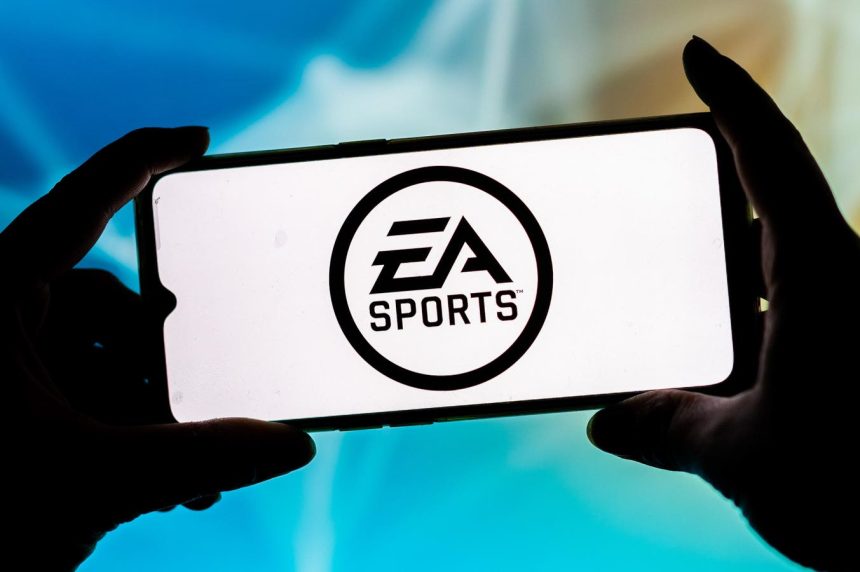The integration of women athletes into mainstream sports video games marks a significant shift in the gaming landscape, reflecting a broader movement towards greater representation and inclusivity in sports and entertainment. This evolution, while still ongoing, carries profound implications for how women’s sports are perceived and consumed, impacting both current fans and future generations of athletes. From the inclusion of WNBA teams in NBA 2K to the addition of women’s national and club teams in EA Sports FC (formerly FIFA), the industry has made strides in showcasing the talent and athleticism of female athletes on a global platform. The recent announcement of the Professional Women’s Hockey League (PWHL) joining EA Sports NHL 25 further solidifies this trend, underscoring a growing commitment to presenting a more holistic and accurate representation of the sporting world.
The journey of women’s representation in sports video games has been incremental but impactful. Initially, the focus was primarily on adding women’s national teams to games like FIFA, offering players the opportunity to compete in international tournaments. The subsequent inclusion of WNBA teams in NBA 2K marked a major turning point, allowing gamers to experience professional women’s basketball in a virtual setting. This move not only broadened the scope of the game but also provided a platform to showcase the individual skills and personalities of WNBA stars like Candace Parker and A’ja Wilson, both of whom have graced the game’s cover. The integration of the PWHL into NHL 25 continues this trajectory, bringing women’s professional hockey to a wider audience and offering fans a new avenue to engage with the sport.
The implications of this increased visibility extend beyond the realm of gaming. These platforms hold significant cultural influence, shaping perceptions and inspiring future generations. By featuring women athletes alongside their male counterparts, video games contribute to normalizing their presence in the sporting world. This representation provides young girls with relatable role models and challenges traditional gender stereotypes that limit opportunities for women in sports. The impact on viewership and fan engagement is also noteworthy. As women’s sports gain more exposure through video games, they are likely to attract new fans and sponsors, further fueling the growth and development of these leagues.
Despite the progress made, challenges and areas for improvement remain. Studies have shown that the introduction of women athletes into video games has not been without its detractors, with some players exhibiting gender bias and resistance to change. These reactions echo the real-world challenges faced by women in sports, highlighting the persistence of societal stereotypes and the need for continued efforts to promote gender equality. Furthermore, disparities in game features and functionality between men’s and women’s teams persist in some instances, indicating that full parity in representation has not yet been achieved. Ensuring that women athletes are not simply added as tokens but are fully integrated with the same level of detail and gameplay options as their male counterparts is crucial for genuine progress.
Addressing these challenges requires a multifaceted approach. Game developers must prioritize creating authentic and engaging experiences for women’s sports, investing in realistic player models, accurate team branding, and comprehensive gameplay features. Promoting positive and respectful online communities through moderation and education is also essential to combatting sexism and fostering inclusivity within the gaming environment. Furthermore, ongoing dialogue and collaboration with women athletes and leagues are crucial for ensuring that their representation in video games is both accurate and empowering.
The true measure of success for women’s representation in sports video games lies in the normalization of their inclusion. The goal is to reach a point where the presence of women athletes is no longer a novelty but an expected and integral part of the gaming experience. While the journey towards full equity continues, the ongoing integration of women’s leagues into major sports titles signals a positive shift towards a more inclusive and representative gaming landscape. As these platforms continue to evolve, they have the power to not only reflect the changing landscape of sports but also to actively shape it, inspiring a new generation of athletes and fans and dismantling outdated gender barriers in the process.



